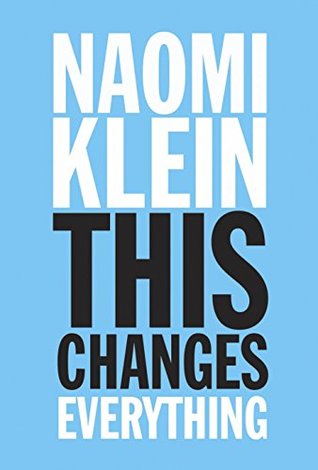Indeed, a number of researchers have analyzed the very concrete climate benefits of working less. John Stutz, a senior fellow at the Boston-based Tellus Institute, envisions that “hours of paid work and income could converge worldwide at substantially lower levels than is seen in the developed countries today.” If countries aimed for somewhere around three to four days a week, introduced gradually over a period of decades, he argues, it could offset much of the emissions growth projected through 2030 while improving quality of life.
Welcome back. Just a moment while we sign you in to your Goodreads account.


